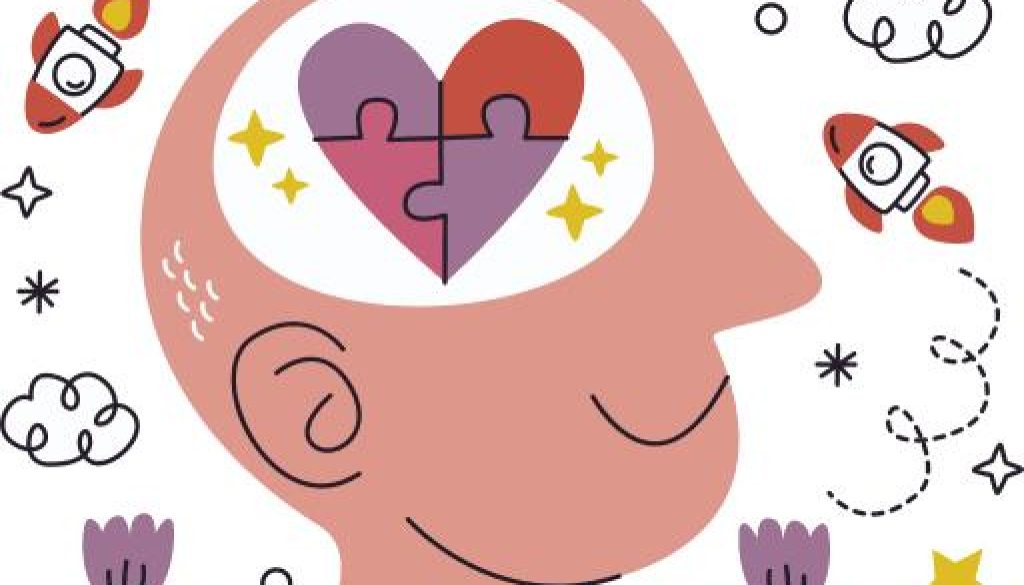The Crucial Role of Diet in Psychiatry Care
Nutrition plays a vital role in maintaining overall health, and its significance extends to psychiatry care. A well-balanced diet can significantly impact mental health, influencing mood, cognitive function, and symptom management. This article explores the importance of diet in psychiatry care.
The Gut-Brain Connection
Research has established a strong link between the gut microbiome and brain function. The gut produces neurotransmitters, such as serotonin and dopamine, which regulate mood, appetite, and sleep. A healthy gut microbiome supports neurotransmitter production, maintains intestinal integrity, and regulates inflammation.
Diet’s Impact on Mental Health
A well-balanced diet can significantly impact mental health. Key benefits include:
1. Mood Stabilization: Omega-3 fatty acids, vitamin D, and complex carbohydrates help regulate mood.
2. Anxiety and Stress: Magnesium, zinc, and reduce anxiety symptoms.
3. Cognitive Function: Antioxidants, vitamin B12, and omega-3 fatty acids support cognitive health.
4. Sleep: Tryptophan, melatonin, and complex carbohydrates promote restful sleep.
Key Nutrients for Psychiatry Care
Certain nutrients are essential for maintaining good mental health:
1. Omega-3 Fatty Acids: Found in fatty fish, nuts, and seeds.
2. Probiotics: Present in fermented foods, yogurt, and supplements.
3. Vitamin D: Essential for mood regulation and bone health.
4. Magnesium: Crucial for neurotransmitter function and relaxation.
5. Complex Carbohydrates: Whole grains, fruits, and vegetables.
Dietary Patterns for Mental Health
Specific dietary patterns have been linked to improved mental health:
1. Mediterranean Diet: Emphasizes whole grains, fruits, vegetables, and healthy fats.
2. Okinawan Diet: Focuses on plant-based foods, seafood, and soy products.
3. Anti-Inflammatory Diet: Includes turmeric, ginger, and omega-3 rich foods.
Challenges and Considerations
Several factors can impact the relationship between diet and mental health:
1. Food Insecurity: Access to nutritious food affects mental health outcomes.
2. Eating Disorders: Require specialized care and nutrition planning.
3. Medication Interactions: Certain foods interact with psychiatric medications.
Healthcare professionals can incorporate nutrition into treatment plans:
1. Collaborative Care: Nutritionists and psychiatrists work together.
2. Personalized Nutrition Plans: Tailored to individual needs.
3. Nutrition Education: Patients learn about healthy eating habits.
Benefits of Nutrition-Based Interventions
Nutrition-based interventions offer several benefits:
1. Enhanced symptom management.
2. Improved cognitive function.
3. Increased patient engagement.
4. Reduced medication usage.
In conclusion
Diet plays a vital role in psychiatry care, influencing mental health outcomes. By incorporating nutrition into treatment plans, healthcare professionals can enhance symptom management, improve cognitive function, and support overall well-being.



